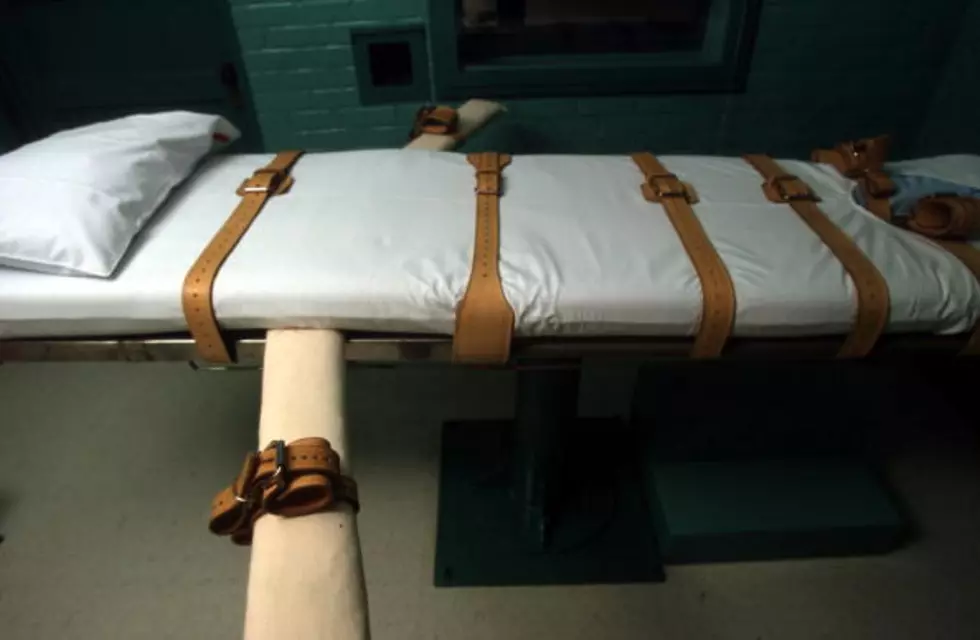
Why Washington State’s Death Penalty Doesn’t Work (But NOT For The Reasons You Think)
With the Washington State Senate voting to abolish the Death Penalty, and likely the House not far behind, it appears our 128-year history of executions are coming to an end. Since even before we became a state (1889), since 1849, there have been 110 executions in Washington. All but 3 were by hanging, the last 3 by lethal injection.
Washington state has not executed a prisoner since 2010, the lethal injection of Cal Coburn Brown for a murder of a young woman in 1996. Gov. Inslee in 2014 put a stay, or moratorium, on all executions until the 'system could be throroughly examined.' There are 8 men on death row in Walla Walla now.
There is strong evidence the penalty doesn't work, and although on the surface this will not be liked by penalty supporters, it has nothing to do with the penalty itself. The King County Prosecutor recently did an Op-Ed piece in the Seattle Times listing the millions of dollars and court time used on appeals, stays, and other legal battles. Most Death Penalty convicts in Walla Walla were there for years before their executions were carried out. From a purely financial standpoint, abolishment makes sense. Due to litigation and opposition, it has become a huge financial drain on the legal system.
For that reason only, some say it makes sense, because it's cheaper to keep people locked up for life.
But that doesn't mean the premise doesn't work. Let's assume a person is convicted rightfully for a crime that meets the legal standards for the death penalty. We will not get off in the weeds about circumstances or wrongful convictions etc. We will call them Convict A.
Some oppose the execution of Convict A on religious grounds, and will often quote the Bible "thou shalt not kill." But the religious argument is murky and will never be settled. The Bible is full of examples of capital punishment. It is also full of examples of how the 'Armies of God' (usually the Israelites) were used to 'exterminate' their enemies. The religious argument is at best, a wash.
Opponents of the penalty who argue everyone deserves to live often come across as favoring the rights of the defendant, as opposed to the survivors of the horrible crimes that were committed. It appears the rights of Convict A mean more than the survivors.
But if it's used correctly, there is evidence the penalty works. The Heritage Foundation in 2007 published the testimony of David Mulhausen who is an analyst for the foundation. He testified before Congress in July of that year. In an excellent article, he lays out study after study dating as far back as the 1970's showing that if applied in a fair, just and swift manner (without endless appeals, roadblocks etc) the penalty is a deterrent to further murder and saves lives.
And despite what is published in media sources, recent Gallup Poll data shows as many as 67 percent of Americans support capitol punishment.
The reason the death penalty doesn't work in Washington state isn't because of the practice itself, it's because of it's mismanagement and splintering due to endless litigation and costly court battles. It doesn't appear refining and fixing the system is on the horizon, especially with Gov. Inslee's stance, so abolishment seems to be on the way.
More From 870 AM KFLD









